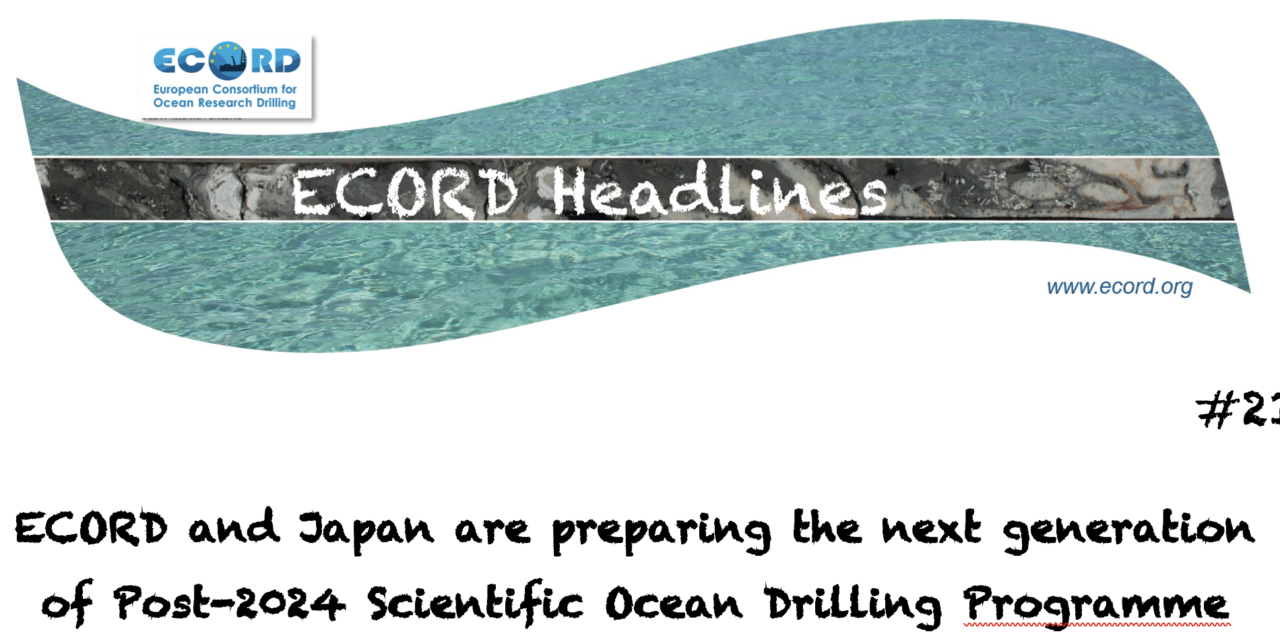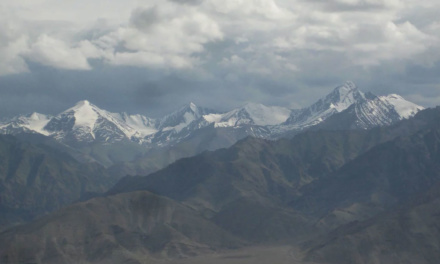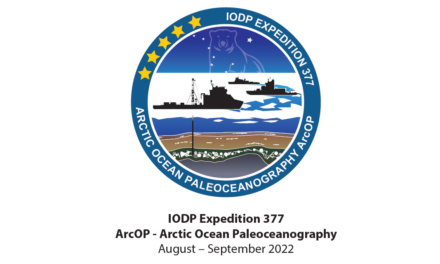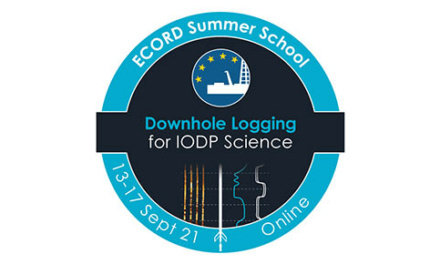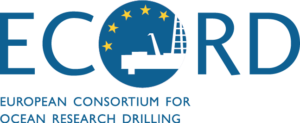Since its creation in 2003, ECORD has developed a unique European-distributed research infrastructure that connects research facilities at multiple sites across Europe and Canada that are engaged in multidisciplinary aspects of subsurface scientific research and have a longstanding culture of cooperation in science, technology and education.
ECORD’s participation in the Integrated Ocean Drilling Program and the International Ocean Discovery Program has been focused on the implementation of Mission-Specific Platform (MSP) expeditions since 2004 and its partnership with NSF and JAMSTEC, has included a significant contribution to the JOIDES Resolution (JR) and Chikyu drilling ships along with berth exchanges. Despite a general budget which has lowered by about $3M since the start of the current programme, ECORD has been able to optimize its resources to dedicate 90 % of its budget to the funding of IODP expeditions.
The end of the International Ocean Discovery Program is now scheduled for 30 September 2024. After decades of unified international programmes, from DSDP to the current IODP, there will be major changes in the organization of international scientific ocean drilling activities after the end of the current programme. While ECORD has advocated for the continuation of a single international program post-2024, NSF has indicated, over the last years, its intention to develop an independent US-led program. To prepare this transition, ECORD has been working on alternative plans, first internally and then through interactions with its current IODP partners.
In response to a request from NSF, ECORD Council discussed potential access post-2024 to the JR and the annual financial contribution that ECORD could provide to NSF for this access. ECORD Council has emphasized the importance of its long-standing and fruitful partnership with NSF. ECORD Council has also recognised that the JR remains a key component of scientific ocean drilling and that the ECORD community continues to make a great contribution to the success of JR expeditions. ECORD Council therefore agreed that the continuation of the ECORD-NSF partnership after 2024 and continued mutual access to drilling platforms remain high priorities, provided that NSF would approve an extension of activities. ECORD’s planning assumption has also considered that its annual basic budget would likely remain at current levels (i.e., ~$17M pa post-2024), and that any significant increase in ECORD’s participation to other programmes would impact its MSP operational plans, which form the basis of its funding by ECORD members. Unfortunately, the potential exchange of services arrangements with NSF (i.e., berth trading, management of legacy cores, and the flexible use of JR berths) has not been considered for a post-2024 collaboration.
To prepare for the future of unified international scientific ocean drilling activities, ECORD and Japan have started to build a post-2024 programme committed to the ‘philosophy’ of the successive programmes and recognizing the necessity to adopt an innovative approach tailored to the post-2024 international landscape.
To this end, ECORD and Japan will implement jointly MSP expeditions, inclusive of Chikyu, and to further develop the MSP concept by diversifying drilling and coring technologies, as determined by scientific priorities, operational efficiency and better value for money.
ECORD and Japan anticipate that the new program, open to the international scientific community, will begin immediately after the conclusion of the current IODP. International governmental and non-governmental entities are invited to participate as Associate Members for non-platform providers providing cash or in-kind contributions, including temporary (e.g., project-based) membership, or as Partners for regular platform providers.
In parallel, a foundational principle of the successive international scientific ocean drilling programs – continuity of core and data legacies – will be maintained beyond the International Ocean Discovery Program.
Gilbert Camoin (Director of the ECORD Managing Agency), France Lagroix (Chair of the ECORD Council), Angelo Camerlenghi (Chair of ESSAC), Sasha Turchyn (Chair of the EFB), Dave McInroy (ESO Manager)

